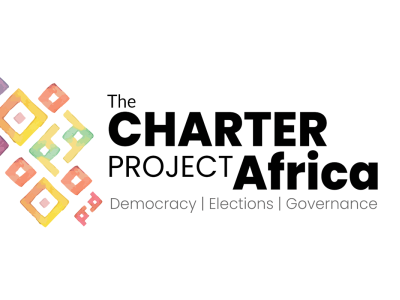Background
On 8 May 2015, the European Centre for Development Policy Management (ECDPM) hosted its third annual meeting of its Board of Governors, management and institutional partners. The topic of this year’s meeting was “Thinking and Working Politically in Development Post-2015”.
The aim of the meeting was to identify the benefits and risks of more politically informed approaches to development and to look into the practical implications of thinking and working politically (TWP) for development agencies and practitioners.
Download the reportWatch our video on 'The Political Shape of Development'
Key messages
In the past, the political focus of development has usually been limited to building a better understanding of the formal political institutions. More in-depth and structured political economy analysis was lacking, which sometimes led to a predominance of rather technocratic approaches that insufficiently took account of the crucial role that politics can play to “make or break” development.
Political economy analysis is now done in a more systematic and thorough manner, rather than the quite informal and ad-hoc approaches of the past.
While changing practices takes time, several successful stories show that thinking and working politically can provide unique windows of opportunity.
To that end, political economy analysis is an important tool to understand the key drivers of change and to then adapt institutional systems with evidence-based and realistic solutions. The practical implications of thinking and working politically are....- Bringing the “unusual suspects” to the table, beyond the formal official institutions
- That the “donor” is also part of the picture
- That thinking and working politically is about an everyday mindset
- Finding (and waiting for) the right “critical juncture”
- Building adequate human resources
- That changing practices takes time






